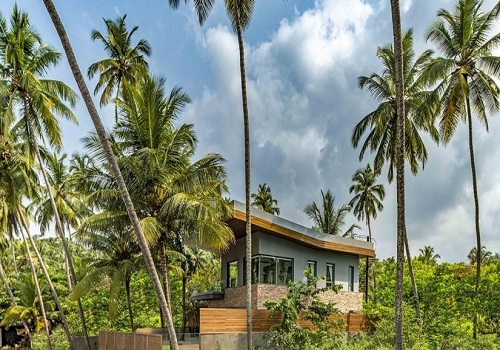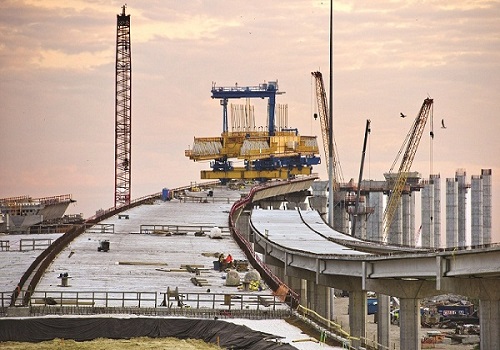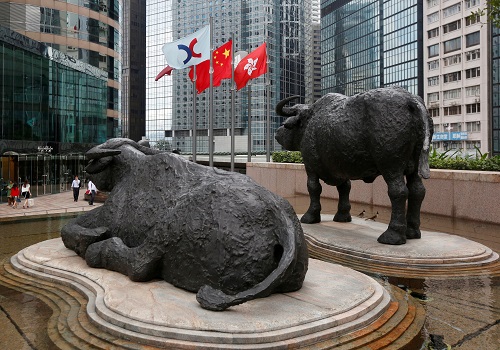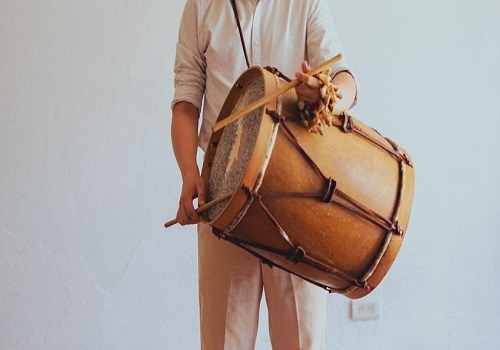The Many Moods of Architecture

Follow us Now on Telegram ! Get daily 10 - 12 important updates on Business, Finance and Investment. Join our Telegram Channel
It isnt surprising that our moods and spirits instantly lift up the moment we step into a well-designed space. Our built spaces have a colossal impact on our emotions, carrying us through various states of mind as we move through different areas. Perhaps, this powerful ability of architecture is the reason were able to perceive people to a great extent by taking a look at their dwellings.
Our spaces should be an extension of our personalities. Owing to their energetic and bubbly personalities, some people prefer brightly coloured spaces embellished with avant-garde decor, inspiring energy and cheer. Others opt for sobriety through simple, subtle designs that parade minimalism, inspiring calmness and comfort.
Rooms with high ceilings and towering walls give off an domineering aura, automatically making a person more aware and conscious of their surroundings. On the contrary, low-height spaces with ample openings establish a rooted feeling, putting the user at ease and relaxing them.
Biophilia has been known to be one of the most effective design elements that can alter temperaments. Just a dash of bright green against a dull, concrete backdrop can enliven the space, transforming it from a lifeless structure to a lively space, reducing stress, anxiety and ill-health.
Expansive windows that retain visual connectivity with the outdoors are significant in maintaining a healthy relationship with the outer world. Isolated rooms bereft of light and air due to a lack of windows can lead to dangerous repercussions, not only causing disease but also severe mental depression. For outdoor areas, landscaping softens surfaces, making them more inviting and suited to stress-free behaviour, as opposed to hard, daunting surfaces that command caution.
Architects choose the themes for their designs based on how they want the end-user to feel and the kind of experience they want them to have within that space. All elements of design- volumes, proportions, colours, materials and textures, eminently contribute to determining the mood of the architecture in that space, eventually determining the mood of the user.












 320-x-100_uti_gold.jpg" alt="Advertisement">
320-x-100_uti_gold.jpg" alt="Advertisement">












